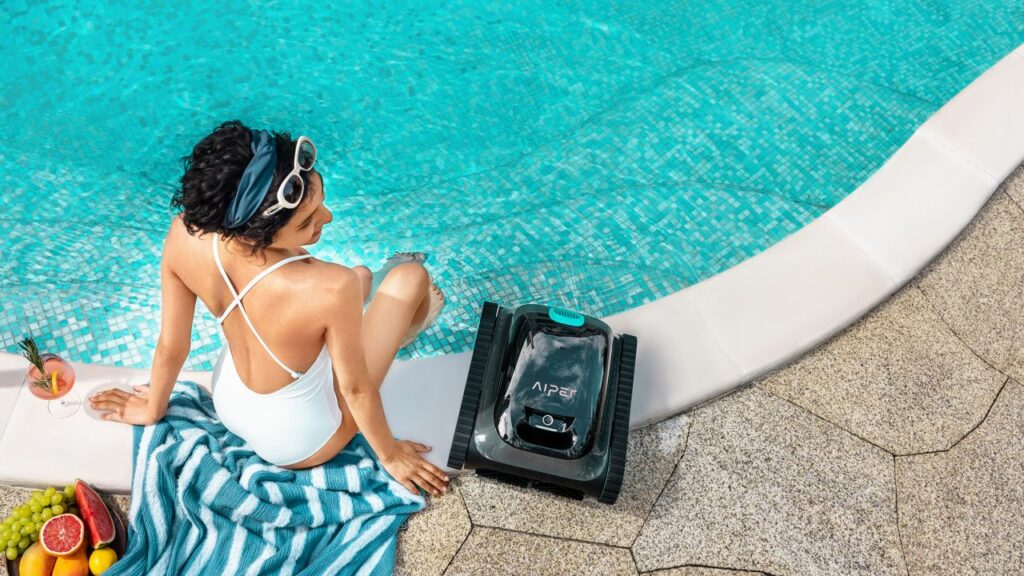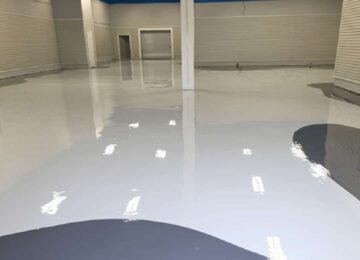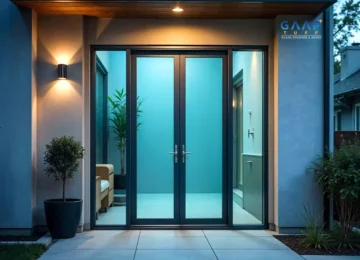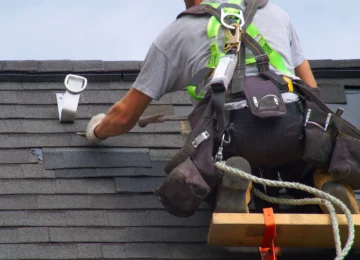Underwater diving is a thrilling sport that offers a unique view of the aquatic world. While many think diving requires a trip to the ocean or a lake, you can practice your skills right in your backyard pool. This guide will show you how to safely and effectively practice underwater diving in your own pool.
Getting the Right Equipment for Backyard Diving
Before diving into the pool, you need the right equipment. Essential items include a diving mask, snorkel, fins, and, if you plan on staying underwater for long, a scuba tank. A diving mask helps you see clearly underwater. The snorkel allows you to breathe while swimming on the surface. Fins increase your swimming speed and maneuverability. If you’re using a scuba tank, make sure it’s filled and you’re familiar with its use.
Pool Preparation for Underwater Practice
Ensure your pool is clean and clear. Remove any debris and check the chlorine and pH levels. Clean, balanced water prevents irritation and infections. Make sure the pool is deep enough for diving. A depth of at least 8 feet is recommended for practicing dives and underwater maneuvers. To maintain a pristine pool environment, consider using the best pool cleaner to keep your pool in top condition.
Safety First in Pool Diving
Safety is paramount when practicing underwater diving. Always have a buddy with you. This ensures someone is there to help in case of an emergency. Learn the basic hand signals used by divers to communicate underwater. These signals can be crucial for conveying important information without speaking.
Basic Diving Techniques in Your Pool
Start with basic diving techniques. Practice breathing through your snorkel while floating face down. Once you’re comfortable, practice diving down and swimming underwater. Keep your body streamlined and use your fins to propel yourself. When using a scuba tank, practice controlling your buoyancy. This skill is essential for maintaining a stable depth and conserving energy.
Equalizing Pressure Underwater
As you dive deeper, the pressure increases. To prevent discomfort or injury, you need to equalize the pressure in your ears. This can be done by pinching your nose and gently blowing or swallowing. Practice equalizing your ears every few feet as you descend.
Underwater Navigation in Your Pool
Practice navigating underwater. Place objects at different spots in your pool and try to find them. This helps improve your orientation and spatial awareness underwater. Use your compass if you have one, to navigate accurately.
Breathing Techniques for Pool Diving
Proper breathing is crucial for conserving oxygen and staying calm underwater. Practice slow, deep breaths. Inhale through your nose and exhale through your mouth. This helps regulate your buoyancy and prevents rapid air consumption.
Clearing Your Mask While Diving
Water can sometimes seep into your diving mask. To clear it, tilt your head back, press the top of your mask against your forehead, and exhale through your nose. This will push the water out of the bottom of the mask. Practice this technique until you can do it quickly and without stress.
Pool Drills for Diving Practice
Incorporate drills into your practice sessions. Swim laps underwater to build endurance. Practice picking up objects from the bottom of the pool to improve your diving skills. Perform buoyancy control exercises by hovering at different depths. These drills enhance your overall diving ability and prepare you for open-water diving.
Exiting the Pool Safely
When finishing your practice, exit the pool safely. Remove your fins before climbing the ladder or steps. Hold onto the pool edge to prevent slipping. If you’re using a scuba tank, have your buddy assist you in removing it while still in the water.
Regular Maintenance of Diving Equipment
Maintain your equipment regularly. Rinse your mask, snorkel, and fins with fresh water after each use. Store them in a cool, dry place away from direct sunlight. Check your scuba tank and regulator for any signs of wear or damage. Regular maintenance ensures your equipment remains in good working condition and prolongs its lifespan.
Joining a Diving Class for Extra Training
While practicing in your pool is beneficial, joining a diving class can provide further training and certification. Professional instructors can teach you advanced techniques and ensure you’re ready for open-water diving. Look for local diving schools that offer pool sessions and certifications.
Conclusion
Practicing underwater diving in your backyard pool is an excellent way to hone your skills and prepare for open-water adventures. With the right equipment, proper techniques, and a focus on safety, you can enjoy the wonders of diving without leaving home. Remember to practice regularly, maintain your equipment, and consider professional training to become a confident and proficient diver. Using a reliable pool cleaner can ensure your pool remains a safe and enjoyable place to practice. Dive safe and have fun exploring the underwater world!











